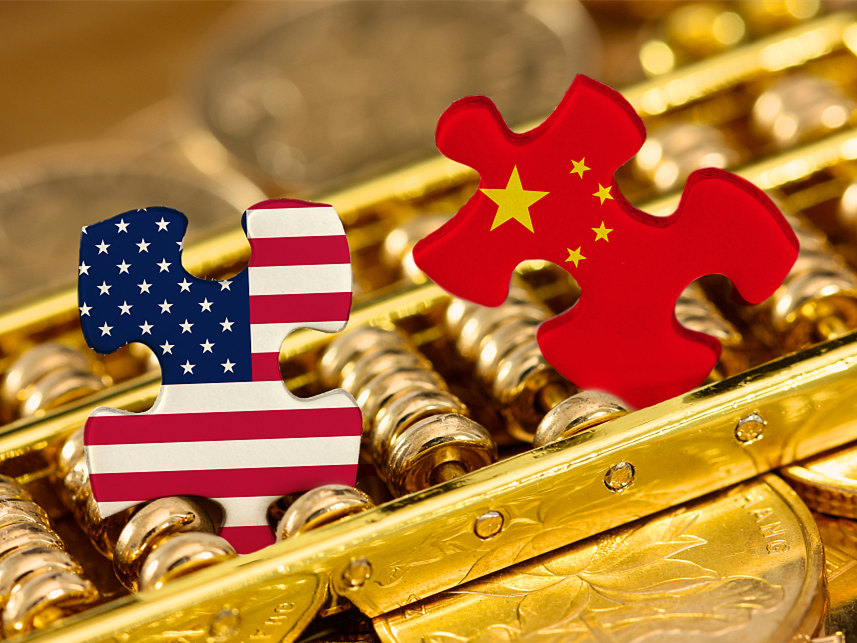The white paper recently released by China on its trade friction with the US told the world its stance on trade issue and declared its determination to further open up, experts pointed out, as the newly-released document has caught global attention and gained wide recognition.

(Photo: VCG)
The white paper titled “The Facts and China's Position on China-US Trade Friction”, published by the Information Office of the State Council on last Monday, clarifies key facts about China-US economic and trade relations, outlines China’s stance on trade friction with the US, and strongly refutes the groundless accusations of the US.
The white paper was a response to US criticism of China, including the perceived imbalance in trade and alleged intellectual property theft, said Sourabh Gupta, a senior fellow at the Washington-based Institute for China-America Studies, adding it also declared China’s determination to adhere to its opening-up policy.
Washington’s attempt to re-write the rules in economic engagement with China on the basis of unilateralism, protectionism and self-centeredness was an abdication of global public goods responsibilities and posed a grave threat to the international economic order, he said.
The white paper, from the perspective of safeguarding the interests of China and the US, as well as the common interests of the world, offered strong support for multilateralism, Kim Van der Borght, professor of International Economic Law at Vrije Universiteit Brussel, told the People’s Daily.
Facts and statistics indicated that China-US economic and trade relations could benefit both sides in an open environment, he said.
The white paper refuted White House rhetoric that it was “at a disadvantage” in trade relations with China, illustrated by the fact that US exports of services to China had been increasing and its enterprises have been investing well in China, the professor added.
“China-US trade relations are not a zero-sum game, but a win-win partnership,” said Tsuyuguchi Yosuke, professor at the Faculty of Economics of Teikyo University, adding that the theory of comparative advantage held that free trade would benefit every country with increased profits.
It was nonsense for the US to complain it was “at a disadvantage” in trade with China, he pointed out, adding that it’s not good for any country to hinder free trade.
He explained that many big American companies had manufacturing bases in China, and they had gained huge profits through exports or sold them to Chinese consumers.
Former Indonesian Trade Minister Mari Elka Pangestu told People’s Daily that global trade and investment saw rising uncertainties and that the global supply chain faces the risk of fragmentation since the US initiated trade frictions against China.
It was a blow to the world economy and Indonesia was not happy to see that as well, she added, adding that if the Chinese economy was impacted, Indonesia as a main trade partner of China would also be affected.
The US protectionist trade policy also brought negative effects to other countries, including Japan, as countries are interconnected in the modern world, Yosuke said.
The Japanese economist took the global supply chain in the manufacturing sector as an example, saying that the additional tariffs imposed by the US on China would lead to a reduction in Chinese exports to the US, and Japanese parts exports to China would also see a decrease.
“Trade protectionism has a huge indirect impact as well. The interaction of the direct and indirect impacts may push the world economy to stagnation,” he warned.
China made clear its stance on trade issues through the white paper, said Bernard Dewit, chairman of the Belgian-Chinese Economic and Commercial Council, adding that the white paper revealed China’s attitude to continue opening up and its hope to solve trade frictions through communication and dialogue.
He suggested all countries read through the document in order to better understand China’s commitments to open up.


